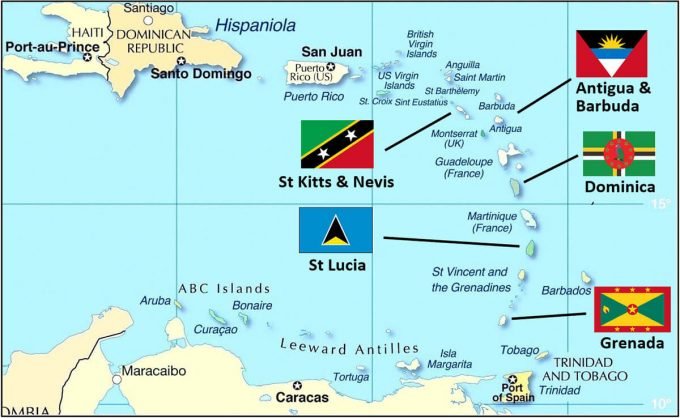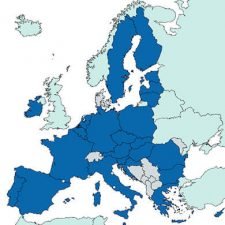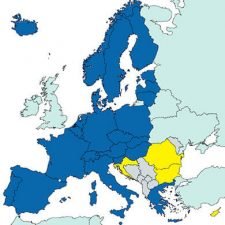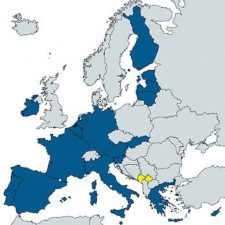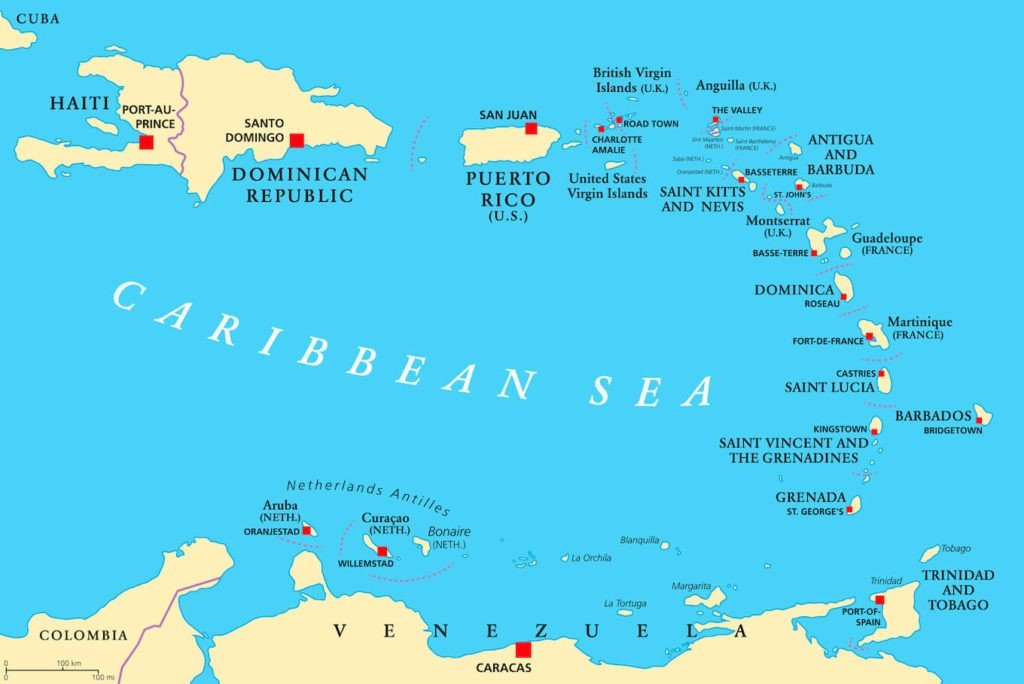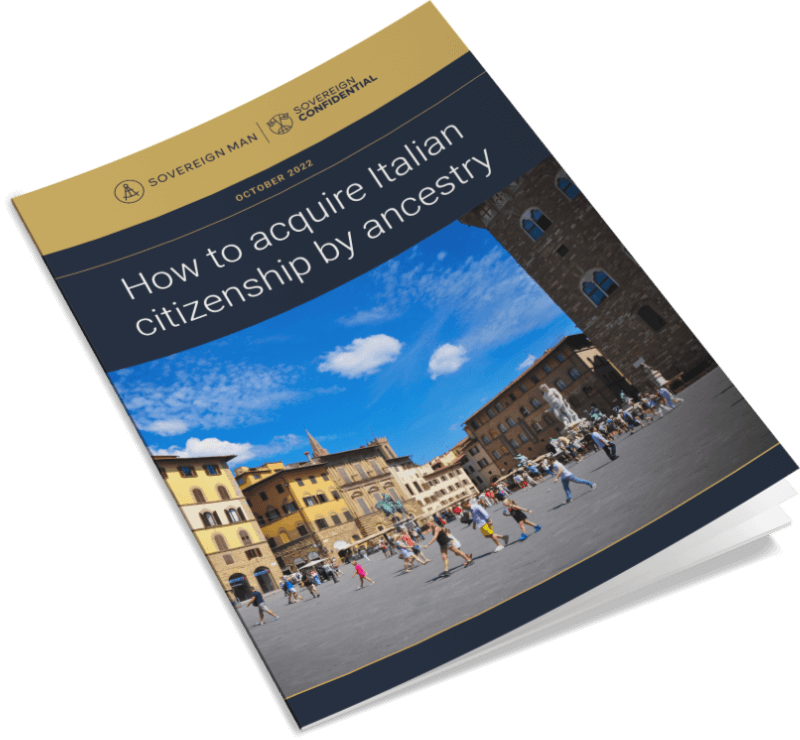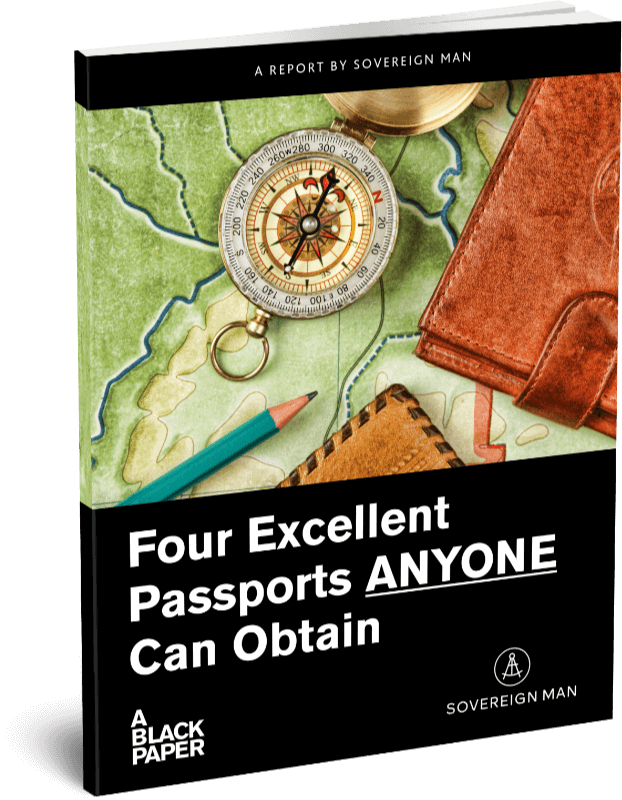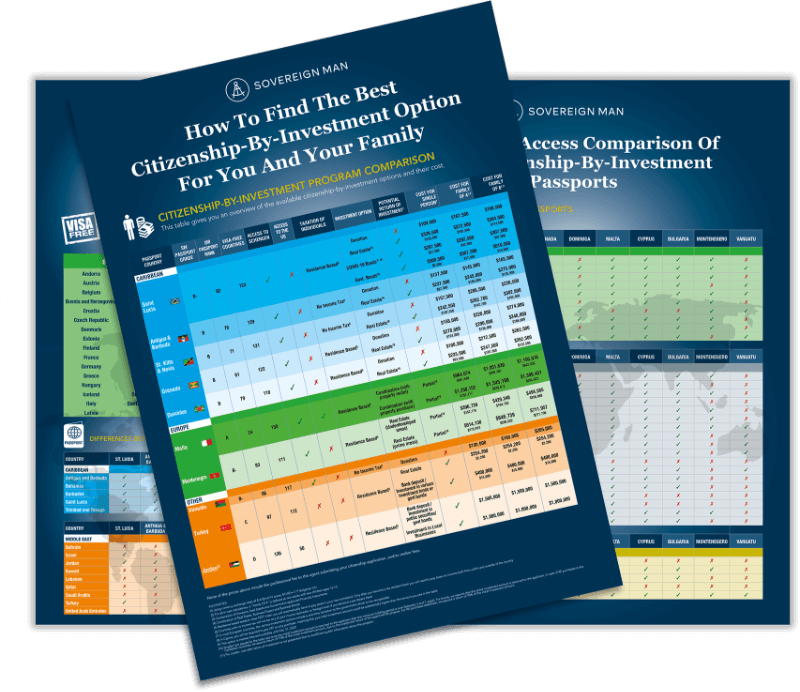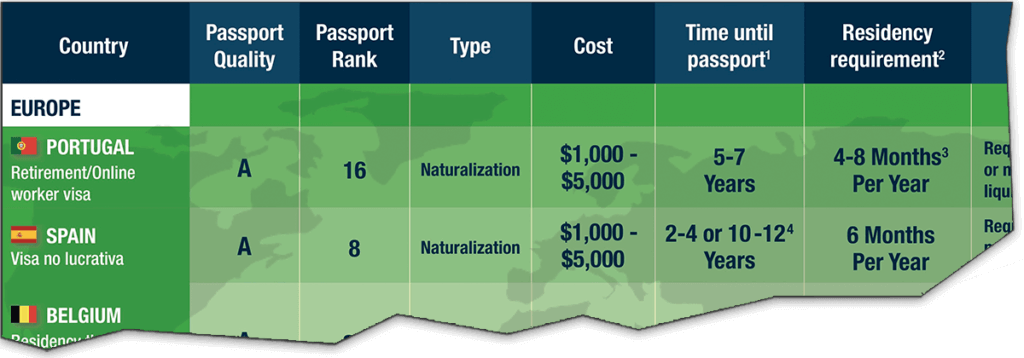After a 35 year-long history of leading the field of economic citizenships, St. Kitts’ program has earned a stellar reputation.
St. Kitts and Nevis currently offers two options to buy a second passport through a CIP program.
First, you could donate to the country’s Sustainable Growth Fund.
Prior to Covid, this fund required a contribution of US$150,000 from a single applicant, plus the government fee of $7,500.
But in 2021, families of up to four could get St. Kitts and Nevis passports for the entire family, for the same price: $150,000 plus $11,500 in fees (if your children were younger than 16), instead of the usual $195,000 for a family of four).
This discount of $45,000 expired on December 31, 2021, and the minimum “standard” SGF contribution for up to a family of four is now once again set at $195,000.
As of January 2022, however, a new donation-based option was launched at price point of $175,000 excluding service fees. The donation is good for singles, married couples, and families of four, making it a far better deal for families than solo applicants..
While exact details around the new program’s specifics are yet to be issued, it is being described as a “New Alternative Investment Option (AIO)”.
According to the CEO of St Kitts’ Citizenship By Investment Unit, the new program investment option will have two categories, namely for privately-funded and privately-owned, and privately-funded and state-owned projects.
We’ll update this content once more official content becomes available.
The other option is to buy an approved piece of real estate. St. Kitts sets the minimum investment in real estate at $200,000 plus an additional $24,050 in government fees for the main applicant, and additional dependents no older than 16.
This property must be selected from a list of approved real estate provided by the government, and it can be sold after seven years.
Up until recently, St. Kitts real estate citizenship required an investment of $400,000.
You can still go this route, the benefit being that you are allowed to sell the property after five years instead of seven.
In each case, there will be additional costs, including paying a commission to a local agent that will submit your citizenship application to the government, as well as covering due diligence and processing fees.
In both cases – donation or real estate investment – you’ll receive a passport that has visa-free access to 131 countries.
And it ranks as number 71 out of 198 passports in our passport ranking.
St. Kitts boasts the highest number of visa-free countries of all the Caribbean options. It offers 8 more destinations than our best-value pick, Saint Lucia. But it doesn’t necessarily mean that it is the better passport for you…
Download our Citizenship By Investment Comparison Sheet to see all the visa-free countries each passport offers and how they differ. This will help you decide whether the extra cost for a certain passport is worth it for you.
You can get more details on St. Kitts & Nevis’ official citizenship by investment website.
